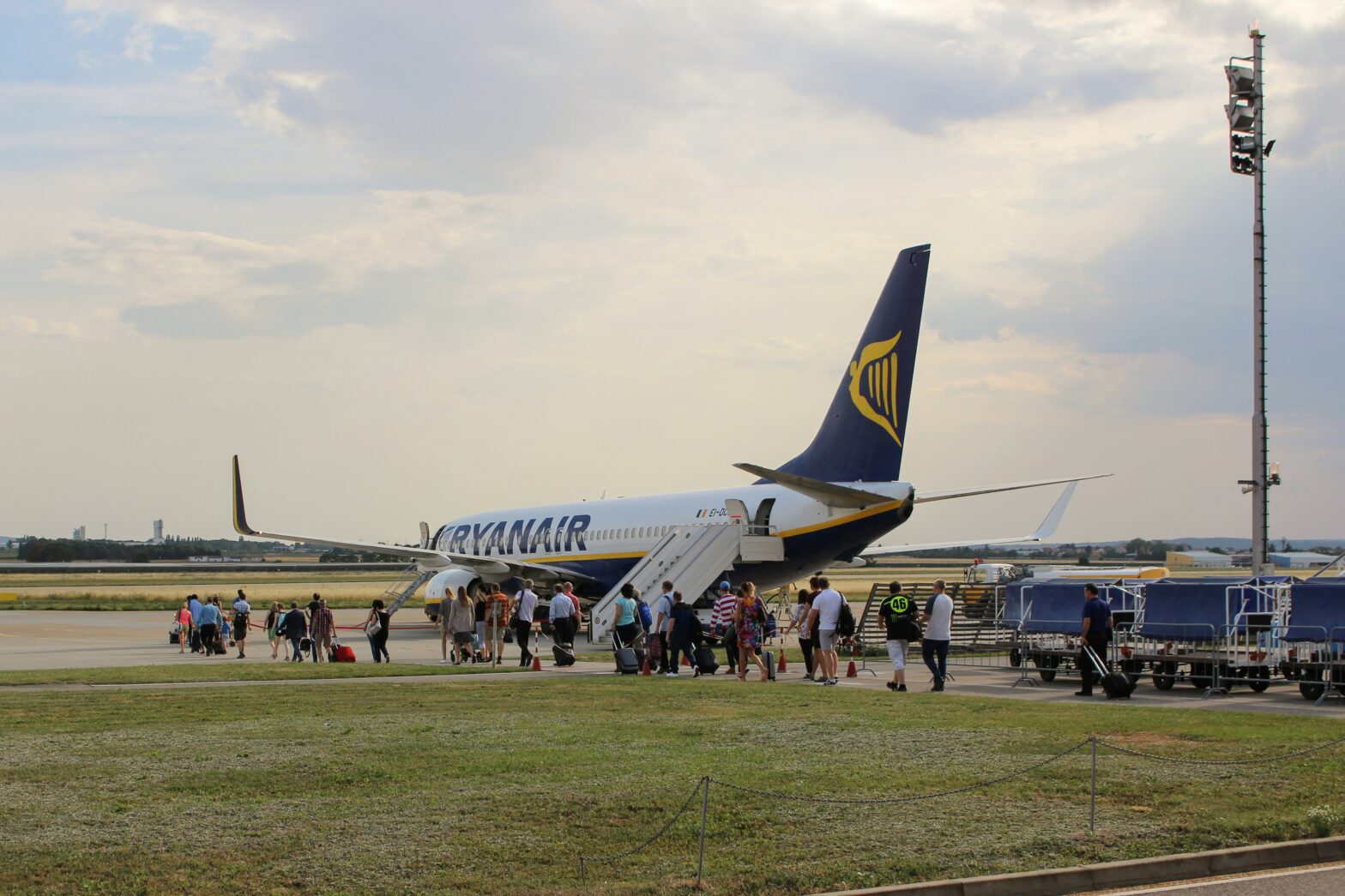Since Sunday afternoon, a fast-spreading wildfire has torn through several neighborhoods close to Athens, the Greek capital. The blaze, which started near Varnavas, north of Athens, has burned approximately 156 square miles (400 square kilometers). Strong winds, prolonged drought, and dense, unburnt forest have exacerbated the scale and rapidity of the wildfire. Travelers planning to visit the country should know the current situation and take necessary precautions.
What Are The Wildfire Risks And Safety Concerns In Greece?
The U.S. Embassy in Greece has issued a Natural Disaster Alert, advising U.S. citizens to “exercise extreme caution” in areas impacted by the wildfires. The Greek authorities have announced Very High Fire Risk (Risk Category 4) and Extreme Fire Risk (Risk Category 5) for many areas in Greece, including regions close to Athens. Travelers should be aware of the following risks:
- Air Quality: Smoke from wildfires can significantly impact air quality, potentially causing respiratory issues.
- Road Closures: Some roads may be closed due to fires or for emergency vehicle access.
- Evacuations: Several areas have been evacuated, and further evacuations may occur at short notice.
- Health Concerns: The Attica region’s hospitals are on high alert, and some have had to move their patients.
Impact On Travel Plans
Currently, flights to and from Athens International Airport are operating normally. Major airlines like easyJet, Ryanair, and Jet2 are continuing their scheduled flights, though they are monitoring the situation closely. Travelers are advised to allow extra time for their journey to the airport due to potential road closures.
The good news for travelers is that currently, there are no fires in areas frequently visited by tourists on the mainland or the Greek Islands. Popular destinations like Mykonos, Crete, Santorini, and Corfu remain unaffected and are still accessible via direct flights from several European cities. However, if you’re planning to visit Greece, consider the following advice:
- Monitor Official Updates: Stay informed about the wildfire situation through official sources such as the Greek Civil Protection website and your country’s embassy in Greece.
- Adjust Itineraries: If your plans include visiting areas affected by the wildfires, consider modifying your itinerary to avoid these regions.
- Pack Essentials: Bring any necessary medications, N95 masks for smoke protection, and a portable battery pack for your phone.
- Follow Local Authorities: Adhere to all instructions from local authorities, including evacuation orders.
- Stay Hydrated: With temperatures reaching up to 39 degrees Celsius (102 degrees Fahrenheit), staying hydrated is crucial.
- Check Accommodation: If you’ve booked accommodation in affected areas, contact your provider to confirm the status of your reservation.
- Travel Insurance: Ensure your travel insurance covers trip cancellations or interruptions due to natural disasters.





